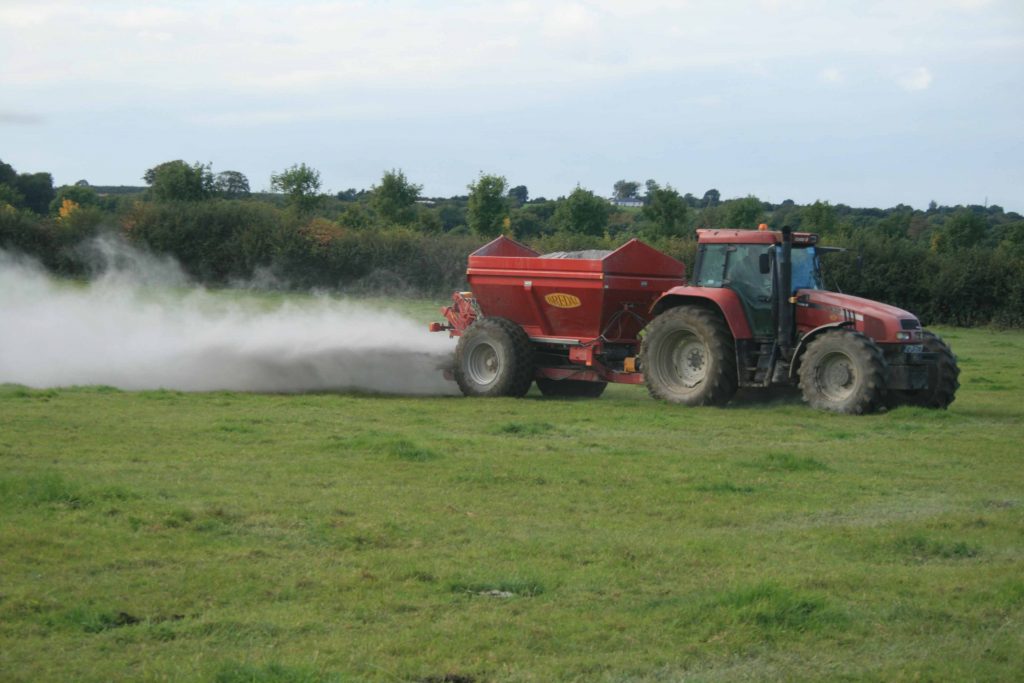
Agricultural Lime
The addition of lime is essential to maintain the pH and nutrient value of soil. Without lime, the land will neither respond to fertiliser nor produce the quality or quantity normally achieved where lime is applied to land regularly.
Soil pH plays a key role in soil fertility. Maintaining the soil pH at the optimum level will increase the microbiological activity of the soil and will result in better soil nutrient recycling and release. Soil pH is also critical for maximizing the availability of nutrients applied in organic and chemical fertilisers. Lime is a soil conditioner. It corrects soil acidity by neutralising the acids in soils so that the micro-organisms can thrive, break down plant and animal residues and release the elements necessary for health plant growth, in particular nitrogen, phosphorus and potassium.
The ideal pH will vary for different crops & plants eg: Potatoes 6, Grassland between 6.3-6.5, Cereal crops 6.5, Beet crops & Rapeseed oil 7.
The chemical characteristics of our limestone, particularly the high neutralizing value, makes our ground limestone ideal for this purpose. The following should be noted;
- Lime should be spread every 5 years
- Lime to the recommended crop target pH
- For tillage, lime to suit the crop rotation, giving priority to lime sensitive crops with the rotation
- An application rate of 2-3 ton/acre is generally recommended
Lime is lost from the soil through rainfall, crops, fertilizer & livestock. Soil testing is periodically undertaken to determine lime deficiency.
For further information log on to http://www.grolime.ie/
